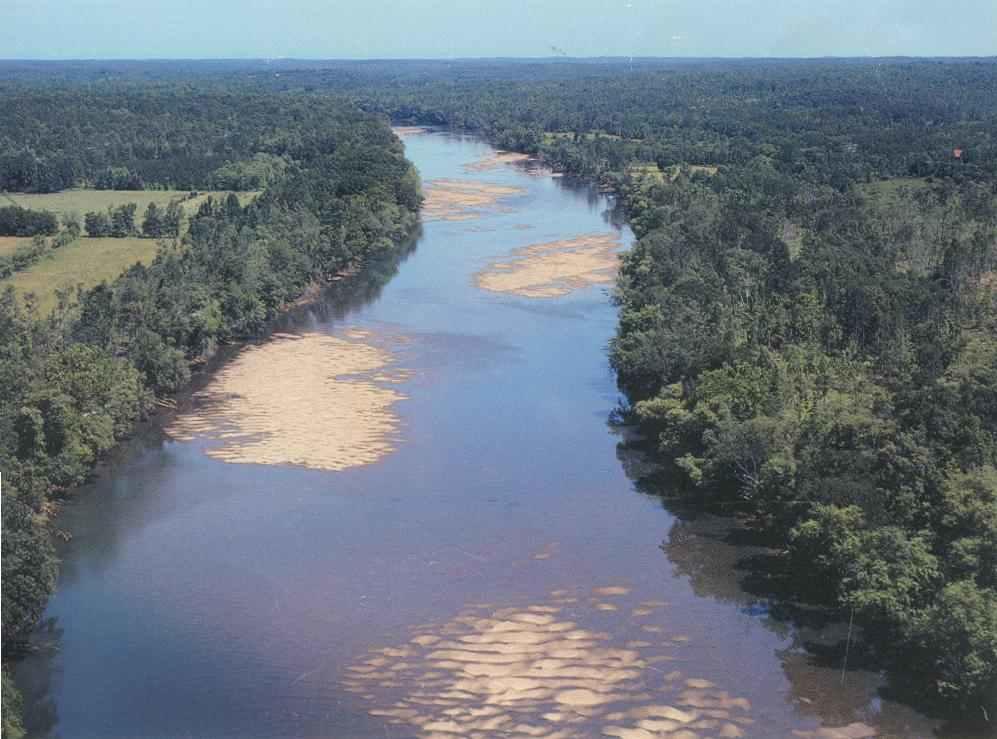
Section Branding
Header Content
Study: Plenty Of Water In Savannah River
Primary Content

Communities along the Savannah River should have enough drinking water to last for decades, according to a new study.
Officials with the Upper-Ogeechee Water Planning Council looked for gaps between the amount of water currently flowing in the Savannah and future demand.
The two-year study took into account human consumption as well as water used by industry and agriculture.
Council Chairman Ron Cross says the river has more than enough water to meet that demand.
"Our projected demand through 2050 can be met with the quantity of water that we have now in the Savannah River even during severe droughts as we experienced a couple years ago."
But Cross says he also worries the Savannah could become a source of drinking water for Metro Atlanta if a recent judicial decision isn’t overturned.
"If the judge says you can’t take water out of Lake Lanier to supply the people in Gwinnett County and several other counties then they have to get it from somewhere else. So where do you look? You look for a basin that has plenty of water and basically that’s ours."
The findings also showed low oxygen levels in the Savannah Harbor that future waste water dumping could worsen. That can have a negative effect on marine life.
The state Environmental Protection Division will use 10 such studies done statewide to manage water use.
Tags: Lake Lanier, Savannah River, Georgia Environmental Protection Division, drinking water, Gwinett County, Savannah Upper-Ogeechee Water Planning Council, Ron Cross, Metro Atlanta drinking water
